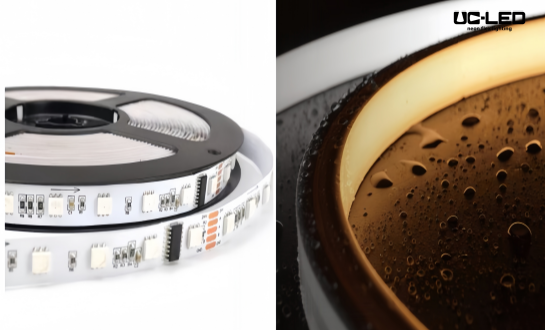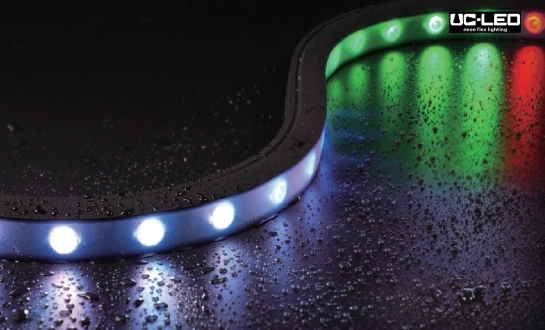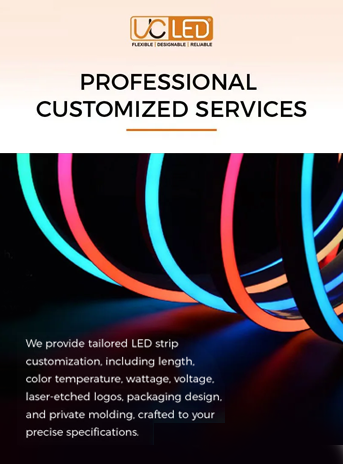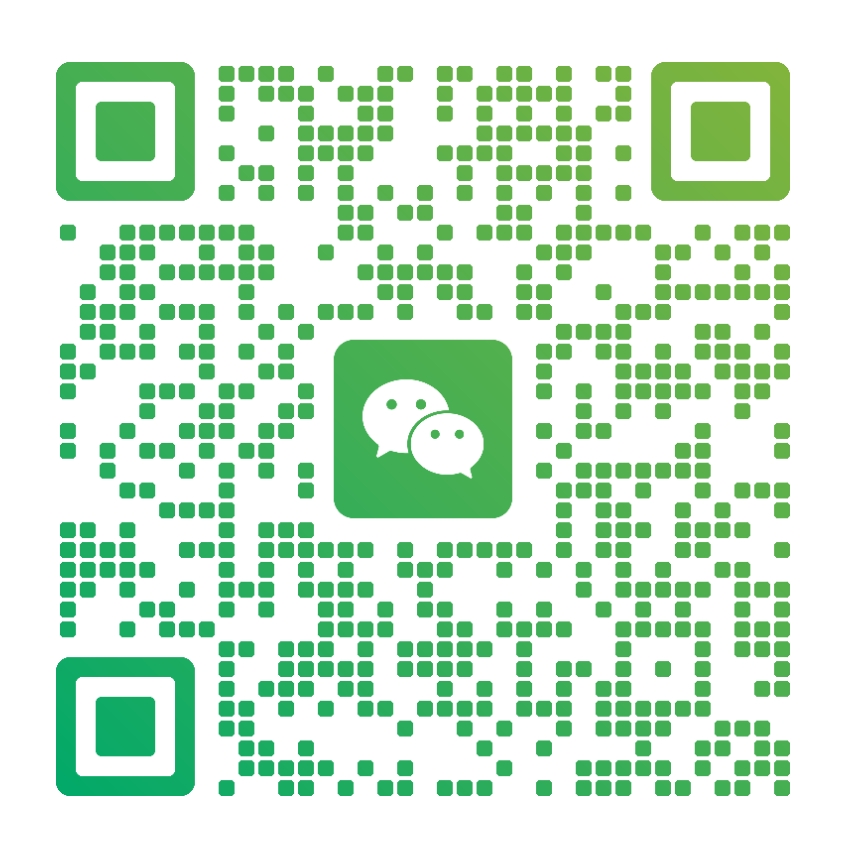13 Certifications of LED Light You Need to Know
Understanding the comprehensive landscape of LED certifications empowers buyers to make informed decisions when selecting lighting solutions. These quality assurance standards protect consumers while ensuring products meet strict safety and performance requirements across global markets. From mandatory compliance marks to voluntary excellence indicators, LED certifications serve as essential gatekeepers for product quality and market access. Whether you're sourcing commercial lighting systems or residential LED solutions, recognizing these certification requirements helps navigate complex regulatory environments. Smart buyers prioritize certified products to avoid compliance issues, ensure long-term reliability, and maximize investment returns in their lighting infrastructure projects.
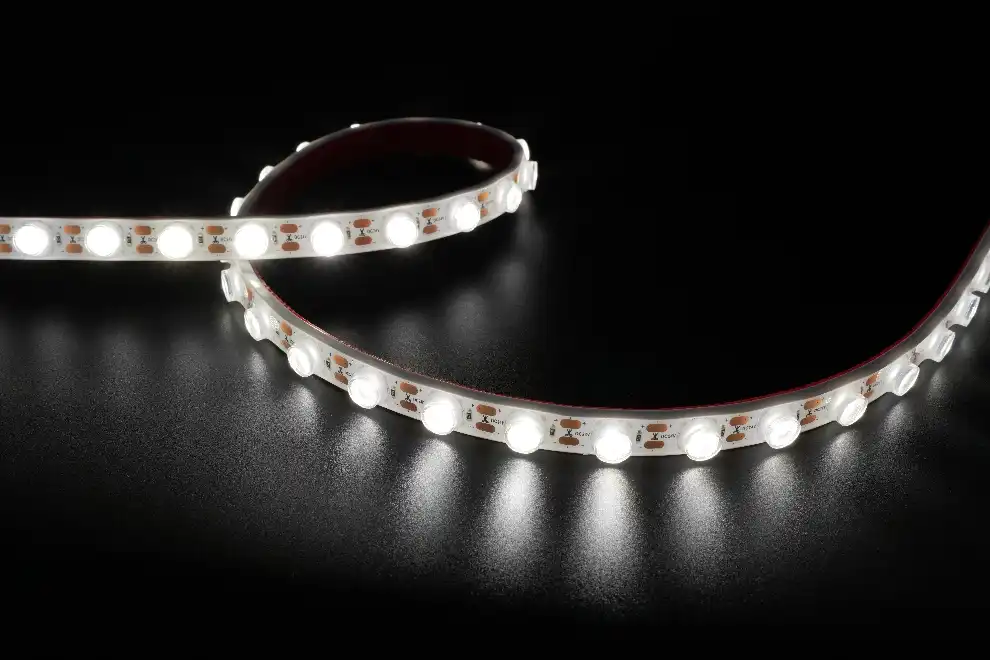
Understanding Global LED Certification Landscape
The lighting industry operates under stringent regulatory frameworks that vary significantly across different geographical regions. Manufacturers must navigate complex certification requirements to access international markets successfully. Different regions may impose unique standards such as ENERGY STAR, UL, CE, and RoHS, each designed to address particular aspects of LED lights. This regulatory diversity creates both challenges and opportunities for buyers seeking reliable lighting solutions.
Modern LED certification systems address multiple critical aspects including electrical safety, electromagnetic compatibility, environmental impact, and energy efficiency. These comprehensive standards evolved from decades of technological advancement and safety research. Professional lighting specifiers understand that proper certification represents more than regulatory compliance – it demonstrates manufacturer commitment to quality and customer protection.
Quality-focused buyers recognize that certified products typically offer superior performance characteristics, extended operational lifespans, and reduced maintenance requirements. Investment in properly certified LED systems minimizes long-term operational costs while ensuring consistent illumination quality. Smart procurement strategies prioritize certification verification as a fundamental selection criterion.
Core Safety and Compliance Certifications
UL Certification (Underwriters Laboratories)
UL certification represents the gold standard for electrical safety in North American markets. This rigorous testing protocol evaluates LED products against comprehensive safety criteria including fire resistance, electrical shock prevention, and thermal management. UL-listed products undergo extensive laboratory testing to verify compliance with strict performance standards.
Professional lighting engineers rely on UL certification as a primary indicator of product reliability and safety. The certification process examines component quality, manufacturing consistency, and long-term durability under various operating conditions. UL standards continuously evolve to address emerging technologies and safety concerns in the LED industry.
Manufacturers pursuing UL certification must demonstrate comprehensive quality management systems and submit to regular factory inspections. This ongoing oversight ensures continued compliance throughout the product lifecycle. Buyers benefit from this rigorous oversight through enhanced product reliability and reduced liability exposure.
CE Marking (Conformité Européenne)
CE marking enables LED products to access European Union markets legally. Without it, the countries will issue fines to the seller. This mandatory conformity assessment covers multiple directives including Low Voltage Directive, EMC Directive, and RoHS compliance. CE marking demonstrates that products meet essential health, safety, and environmental protection requirements.
European market access requires comprehensive documentation proving conformity with applicable EU regulations. The CE marking process involves thorough technical file preparation, risk assessment, and conformity declaration. Manufacturers must maintain detailed records supporting their CE compliance claims.
Technical competence and quality management systems play crucial roles in achieving sustainable CE compliance. Regular internal audits and continuous improvement processes help manufacturers maintain LED certifications validity. Professional buyers verify CE marking authenticity through careful documentation review and supplier qualification processes.
FCC Certification (Federal Communications Commission)
FCC certification ensures LED products meet electromagnetic interference standards in the United States. Sunco LED bulbs and devices with remote, Bluetooth, or WiFi functionality all include FCC certification, since they are Radio Frequency (RF) devices and fall under FCC rules. This certification prevents LED fixtures from causing interference with radio communications and electronic devices.
Modern LED systems incorporate sophisticated electronic drivers and control circuits that generate electromagnetic emissions. FCC testing verifies that these emissions remain within acceptable limits under normal operating conditions. Compliance testing covers both conducted and radiated emissions across relevant frequency ranges.
Smart lighting systems with wireless connectivity face additional FCC requirements related to radio frequency transmission. These advanced products must demonstrate compliance with Part 15 regulations while maintaining optimal lighting performance. Professional installers appreciate FCC-certified products for their electromagnetic compatibility and regulatory compliance.
Environmental and Energy Efficiency Standards
RoHS Certification (Restriction of Hazardous Substances)
RoHS certification restricts hazardous materials in LED manufacturing, promoting environmental sustainability and human health protection. The purpose of this standard is to eliminate lead, mercury, cadmium, hexavalent chromium, polybrominated biphenyls and polybrominated diphenyl ethers in electrical and electronic products. This environmental directive significantly impacts LED component selection and manufacturing processes.
Compliance verification requires comprehensive material testing and supply chain documentation. Manufacturers must track restricted substances throughout their entire production process. Regular testing and supplier qualification programs ensure ongoing RoHS compliance across product portfolios.
Environmentally conscious buyers prioritize RoHS-certified LED products to support sustainability objectives and regulatory compliance. These products minimize environmental impact during disposal while reducing human exposure to hazardous materials. Professional specifiers integrate RoHS requirements into their procurement specifications.
Energy Star Certification
Energy Star certification identifies LED products that exceed minimum energy efficiency requirements while maintaining superior performance characteristics. This voluntary program helps buyers identify high-efficiency lighting solutions that reduce operating costs and environmental impact. Energy Star products undergo rigorous testing to verify efficiency claims and performance specifications.
The certification process evaluates multiple performance parameters including luminous efficacy, color quality, and operational lifetime. Products must demonstrate consistent performance across their rated lifetime while maintaining specified efficiency levels. Regular market surveillance ensures continued compliance with Energy Star requirements.
Commercial buyers appreciate Energy Star certification for its role in supporting green building initiatives and utility rebate programs. These certified products often qualify for financial incentives that improve project economics. Energy efficiency specifications help facility managers reduce operational expenses while meeting sustainability targets.
Regional Certification Requirements
CSA Certification (Canadian Standards Association)
CSA certification enables LED market access throughout Canada while demonstrating compliance with Canadian electrical safety standards. This LED certifications covers electrical safety, performance verification, and environmental compliance requirements specific to Canadian market conditions. CSA testing protocols align closely with UL standards while addressing unique Canadian regulatory requirements.
The harmonized approach between CSA and UL standards simplifies North American market access for LED manufacturers. Many products achieve dual certification through coordinated testing programs. This efficiency reduces certification costs while accelerating market entry timelines.
Canadian buyers rely on CSA certification to ensure product compatibility with local electrical codes and installation practices. Professional contractors appreciate certified products for their predictable performance and regulatory compliance. CSA standards evolution keeps pace with advancing LED technology and market requirements.
ETL Certification (Edison Testing Laboratories)
ETL certification provides an alternative pathway to UL certification for North American markets. ETL testing laboratories evaluate LED products against identical safety standards while offering competitive testing timelines and costs. This certification carries equivalent recognition to UL listing for electrical safety compliance.
Professional electrical contractors and lighting specifiers accept ETL certification as evidence of proper safety testing and compliance verification. The certification covers comprehensive electrical safety evaluation including fire resistance, shock protection, and thermal management. ETL standards align with OSHA workplace safety requirements.
Procurement professionals appreciate ETL certification options for their role in promoting competitive certification markets. Multiple testing laboratory options help control certification costs while maintaining safety standards. ETL-certified products meet identical safety requirements to UL-listed alternatives.
International Certification Systems
GS Certification (Geprüfte Sicherheit)
GS certification represents voluntary safety verification beyond basic CE requirements for German and broader European markets. This prestigious certification demonstrates exceptional safety standards and quality management. GS testing protocols exceed minimum regulatory requirements while evaluating additional safety parameters.
The certification process involves comprehensive factory inspections, quality system audits, and ongoing surveillance testing. Manufacturers must demonstrate sustained commitment to quality improvement and safety excellence. GS certification enhances product credibility in quality-conscious European markets.
Premium lighting specifiers recognize GS certification as an indicator of superior product quality and manufacturer competence. This voluntary certification supports premium positioning strategies while building customer confidence. GS-certified products often command price premiums reflecting their enhanced quality assurance.
VDE Certification (Verband der Elektrotechnik)
VDE certification provides comprehensive electrical safety verification through one of Europe's most respected testing organizations. This certification covers electrical safety, electromagnetic compatibility, and performance verification across multiple technical disciplines. VDE testing protocols reflect decades of electrical engineering expertise and safety research.
The certification process emphasizes technical competence evaluation alongside product testing. Manufacturers must demonstrate engineering capability and quality management maturity. VDE certification supports market access across multiple European countries while building technical credibility.
Engineering professionals value VDE certification for its technical rigor and comprehensive scope. This certification addresses complex technical requirements while providing clear compliance verification. VDE-certified products meet demanding performance expectations in critical applications.
Specialized Application Certifications
PSE Certification (Product Safety Electrical Appliance)
PSE certification enables LED market access in Japan through comprehensive safety and performance verification. Japanese electrical safety standards address unique market requirements including seismic considerations and specific voltage characteristics. PSE testing protocols evaluate product performance under Japanese operating conditions.
The certification process includes detailed technical documentation review, factory inspection, and ongoing surveillance requirements. Manufacturers must demonstrate compliance with Japanese Industrial Standards while maintaining quality management systems. PSE certification represents significant market access value for Asian expansion strategies.
Japanese buyers expect PSE certification as basic market entry requirement for electrical products. Professional lighting consultants verify PSE compliance during product selection processes. This LED certifications enables participation in Japanese public procurement programs and commercial projects.
JIS Certification (Japanese Industrial Standards)
JIS certification provides comprehensive quality verification beyond basic PSE requirements for Japanese markets. This voluntary standard demonstrates exceptional quality management and performance consistency. JIS testing protocols address multiple technical parameters while evaluating manufacturing capability.
Quality-focused Japanese buyers recognize JIS certification as an indicator of premium product quality and manufacturer competence. This certification supports premium market positioning while building long-term customer relationships. JIS standards reflect Japanese quality culture and continuous improvement philosophy.
Emerging Market Certifications
CCC Certification (China Compulsory Certification)
CCC certification represents mandatory market access requirement for LED products sold in Chinese markets. CCC (China Compulsory Certification covers safety, electromagnetic compatibility, and environmental compliance requirements specific to Chinese regulations. This certification addresses the world's largest LED lighting market while ensuring consumer protection.
The certification process requires comprehensive testing by authorized Chinese laboratories alongside detailed technical documentation. Manufacturers must establish quality management systems meeting Chinese regulatory requirements. CCC certification enables access to massive Chinese market opportunities.
International manufacturers recognize CCC certification as essential for Asian market strategies. Professional buyers in China expect CCC compliance as fundamental product qualification. This certification requirement shapes global LED manufacturing approaches and quality systems.
BIS Certification (Bureau of Indian Standards)
BIS certification enables LED market access throughout India while demonstrating compliance with Indian safety and performance standards. This mandatory certification covers electrical safety, environmental compliance, and quality verification requirements. BIS testing protocols address specific Indian market conditions and regulatory requirements.
Indian market growth creates significant opportunities for certified LED manufacturers. Professional lighting projects require BIS compliance verification during procurement processes. This certification supports India's quality improvement initiatives while protecting consumer interests.
QUAN HE: Leading the Certification Excellence Standard
QUAN HE Lighting Co., Ltd. exemplifies certification excellence through comprehensive compliance with global standards across multiple market regions. Established in 2015, our commitment to quality assurance extends beyond basic regulatory requirements to embrace voluntary excellence standards. Our 5,000m² manufacturing facility maintains ISO 9001:2015 and ISO 14000 certifications while producing UL, CE, and RoHS compliant LED solutions.
Our certification portfolio encompasses major global markets including North America, Europe, Asia, and emerging economies. This comprehensive approach eliminates market access barriers while providing customers with confidence in product quality and regulatory compliance. Professional engineering teams maintain deep expertise in certification requirements across multiple technical disciplines.
Advanced manufacturing capabilities support consistent certification compliance through automated production lines and comprehensive quality control systems. Our dedicated R&D team develops innovative solutions while maintaining strict adherence to certification requirements. This technical excellence enables rapid response to evolving regulatory requirements and emerging market opportunities.
Customer-focused certification strategies provide competitive advantages through reduced compliance risks and accelerated market entry. Our comprehensive certification management supports customer success in global market expansion initiatives. Professional technical support ensures proper application and installation practices that maintain certification validity.
Industry Trends and Future Outlook
The LED certification landscape continues evolving with advancing technology and changing regulatory requirements. Smart lighting systems face increasingly complex certification challenges as connectivity features expand. Environmental sustainability concerns drive stricter material restrictions and energy efficiency requirements. Global harmonization efforts seek to reduce certification complexity while maintaining safety standards.
Manufacturers invest heavily in certification infrastructure to support rapid technological advancement and market expansion. Professional buyers demand comprehensive certification portfolios that demonstrate quality commitment and regulatory compliance. The industry trend toward integrated lighting systems requires coordination across multiple certification disciplines and technical standards.
Conclusion
Professional LED procurement requires comprehensive understanding of global certification requirements and their implications for product selection. Smart buyers prioritize certified products from established manufacturers with proven track records of quality and compliance. Certification verification protects investments while ensuring long-term performance and regulatory compliance.
The complex certification landscape demands professional expertise and ongoing market monitoring to navigate successfully. Quality-focused manufacturers like QUAN HE demonstrate their commitment through comprehensive certification portfolios and continuous improvement initiatives. Investment in properly certified LED solutions delivers superior value through enhanced reliability, reduced risks, and optimal performance.
Where to Buy Certified High-End Linear Lighting Products?
QUAN HE Lighting Co., Ltd. stands as your trusted partner for premium certified linear lighting solutions. Our comprehensive LED certifications portfolio ensures global market compliance while delivering exceptional quality and performance. Contact Linda at Linda@uc-led.com for expert consultation on your lighting certification requirements.
Visit ledneon-strip.com to explore our extensive range of certified LED strip lights, neon flex strips, wall washers, and aluminum linear lighting solutions. Our technical team provides professional guidance on certification requirements and product selection strategies. Experience the QUAN HE difference through superior quality, comprehensive certifications, and exceptional customer service.
References
1. "Global LED Lighting Certification Standards and Market Access Requirements." International Lighting Standards Journal, 2024.
2. "Comparative Analysis of Regional LED Safety Certifications: UL, CE, and CSA Standards." Electrical Safety Research Institute, 2024.
3. "Environmental Compliance in LED Manufacturing: RoHS and Emerging Regulations." Sustainable Lighting Technology Review, 2024.
4. "Energy Efficiency Standards Evolution in LED Lighting: Energy Star and Global Initiatives." Green Building Technology Quarterly, 2024.
5. "Asian Market LED Certification Requirements: CCC, PSE, and BIS Standards Analysis." Asia-Pacific Lighting Market Report, 2024.
6. "Future Trends in LED Lighting Certification: Smart Systems and IoT Integration." Advanced Lighting Technology Journal, 2024.
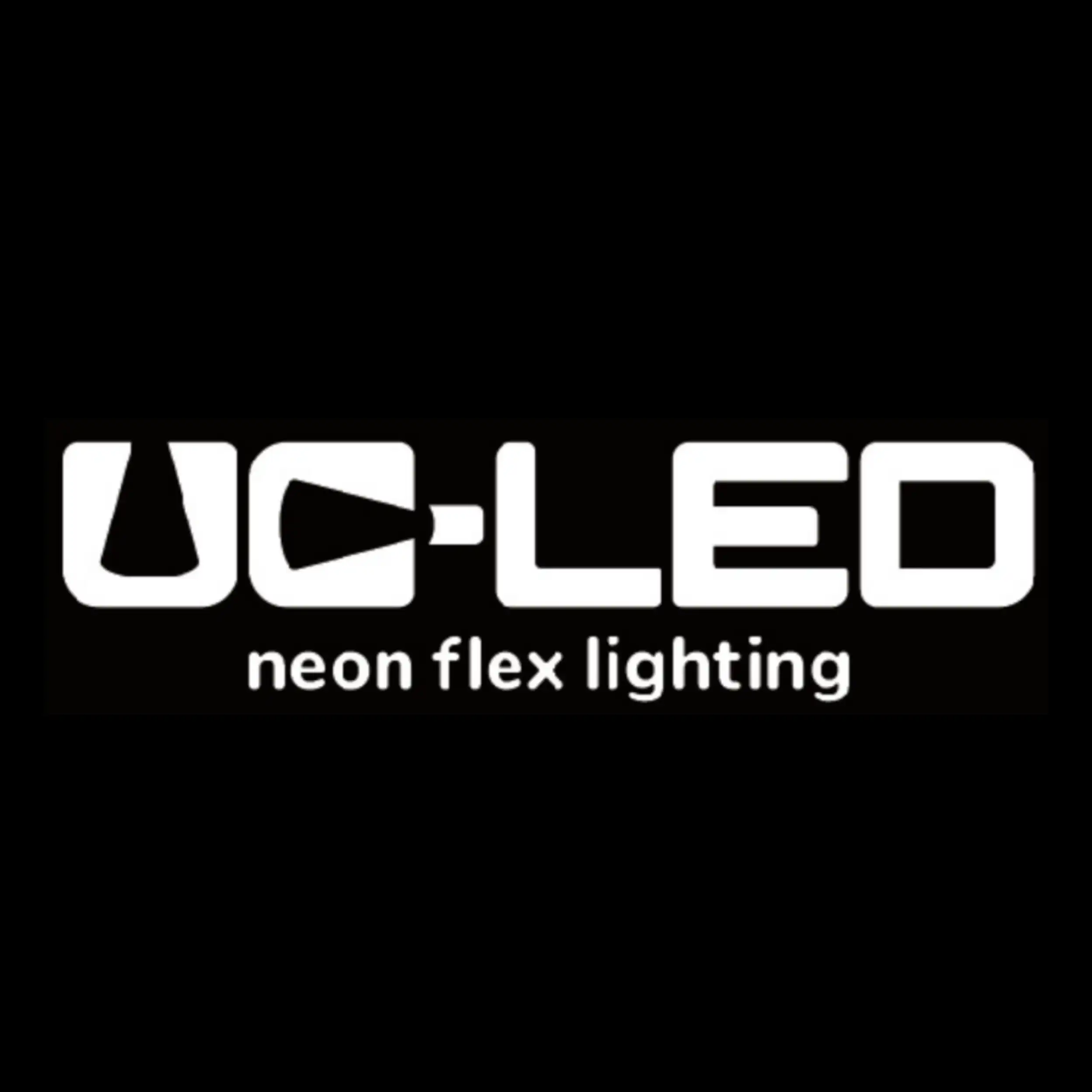
Looking for high-quality LED flexible strips? Click for a free quote in 24 hours!

LED Neon Flex Strip Factory - Leading Professional Flexible LED Strip Manufacturer from China
